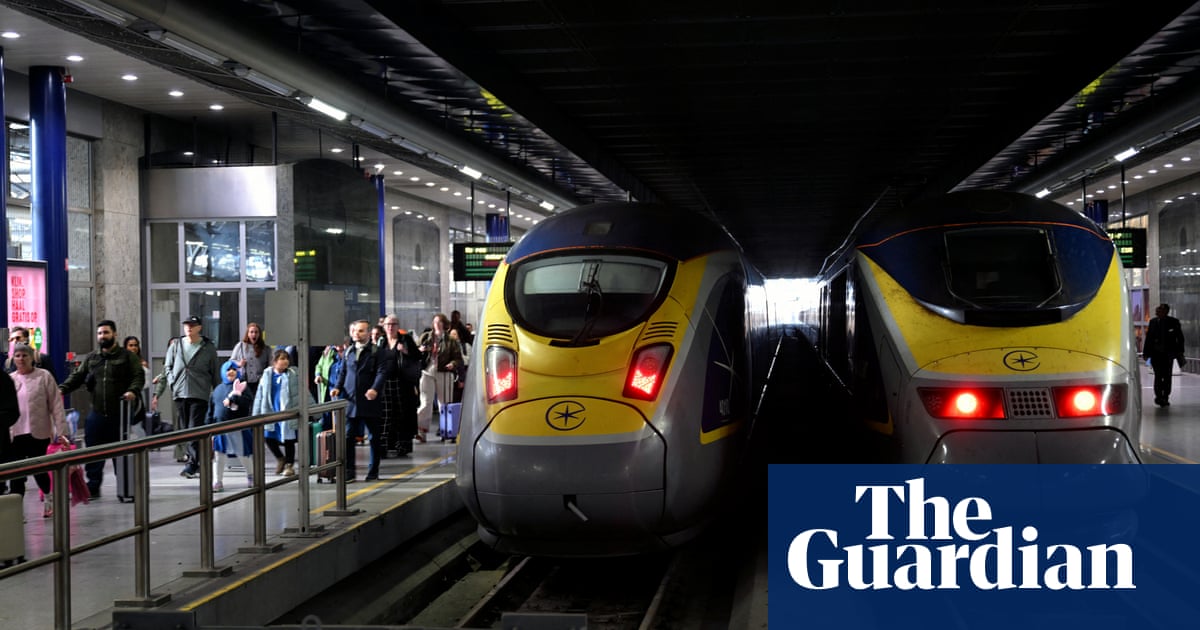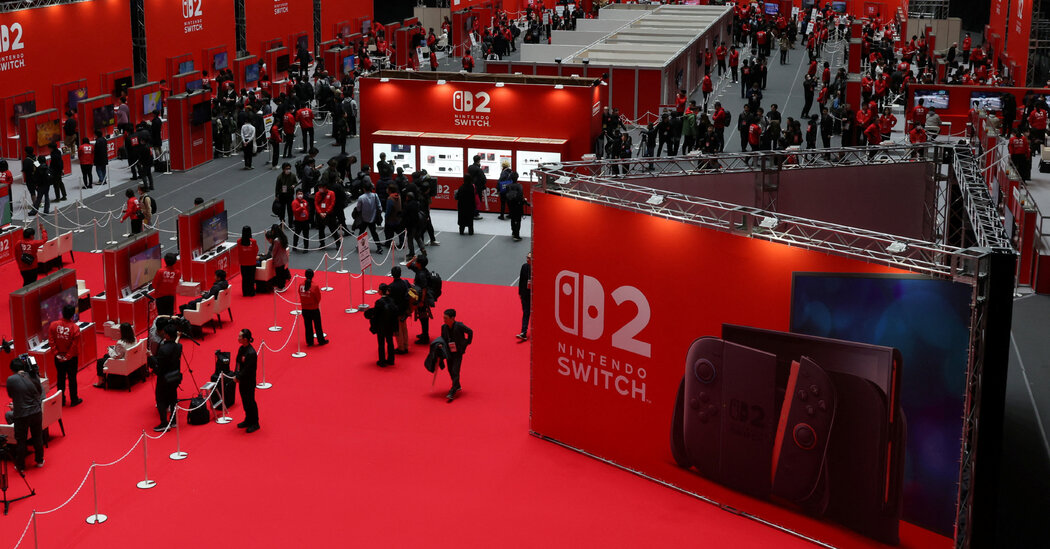
Cross-Channel train services to be cheaper to run as operator cuts charges
Cross-Channel train services serving new destinations will be cheaper to run under a scheme to grow international rail travel from the UK.
London St Pancras Highspeed (LSPH), which owns and operates the railway and stations from the capital to the Channel tunnel, said it would slash charges for operators planning new routes.
Eurostar is the sole existing operator between the UK and Europe, with regular direct trains reaching only Paris and Brussels, as engineering work affects the Amsterdam route until May.
LSPH, formerly known as HS1 Ltd, said the “significant financial incentives” would lower costs for any and all additional international services, but with particular benefits for those calling at different stations or introducing new trains.
It said the track between St Pancras International and the Channel tunnel was effectively half-empty, with only 50% of potential train paths used.
LSPH will also discount certain charges for intermediate stations – hoping to attract services back to the Kent stops of Ebbsfleet and Ashford abandoned by Eurostar.
While hopes for further international rail services through the tunnel have been raised and dashed before, the chief executive of LSPH, Robert Sinclair, said the growth of high-speed rail in Europe, increasing passenger demand and the removal of impediments to new entrants were now aligning.
Sinclair said the incentive scheme, due to take effect from the end of May, was a “groundbreaking proposal”.
He said: “We are enabling operators to expand their services, increase the network of destinations they serve and invest in new rolling stock. Our ambition is to make rail the preferred mode of travel to Europe, and we know that high-speed rail can reduce carbon emissions by up to 96% compared with flying.”
Sinclair said there was opportunity for growth on existing routes, as people were hoping to connect onwards in Paris or Brussels, adding that there was “significant generational demand” from younger people: “Growth will come our way more than aviation.”
The scheme will cut up to 50% off certain charges paid by operators on the first year of new services – including any additional trains put on by the current sole operator, Eurostar – while overall track access charges could also be reduced if the high-speed line was used more fully, Sinclair said.
The operator is charged about £7,600 on the track from London to Folkestone at present and there would be approximately a £2,000 reduction on a new route, with a smaller discount in the next two years.
There could be an outlay of £40m-£60m from LSPH, although that sum would be a fraction of the revenues it could expect to earn from a growth in the number of services on the route.
The rail regulator, the Office of Rail and Road, this week said Eurostar was able to make room in its Temple Mills depot for competitors hoping to start international rail services.
Virgin Group said it meant “the last hurdle” had been cleared in its ambition to run trains to France and beyond. Two other potential entrants are the Spanish firm Evolyn and British startup Gemini Trains.
Getlink, the owner of Eurotunnel, is also pushing for new routes and competition to Eurostar.
Sinclair said the combination of factors meant a “step-change” in the availability of trains to Europe was coming – including plans for redevelopment of parts of St Pancras and faster check-in and boarding, upping the capacity from about 2,000 passengers an hour to nearly 5,000.
He said: “This is a system, and there are a lot of parties working to achieve this – and the government is very supportive. It wants economic growth, sustainable travel and better relationships with Europe, and we tick all of those boxes.”
A spokesperson for Eurostar said: “Eurostar welcomes any incentives which enable more sustainable international travel and support our plans to run more services. Our ambitions are why we’re also investing in key international stations like St Pancras and the Temple Mills depot to create more space.”









